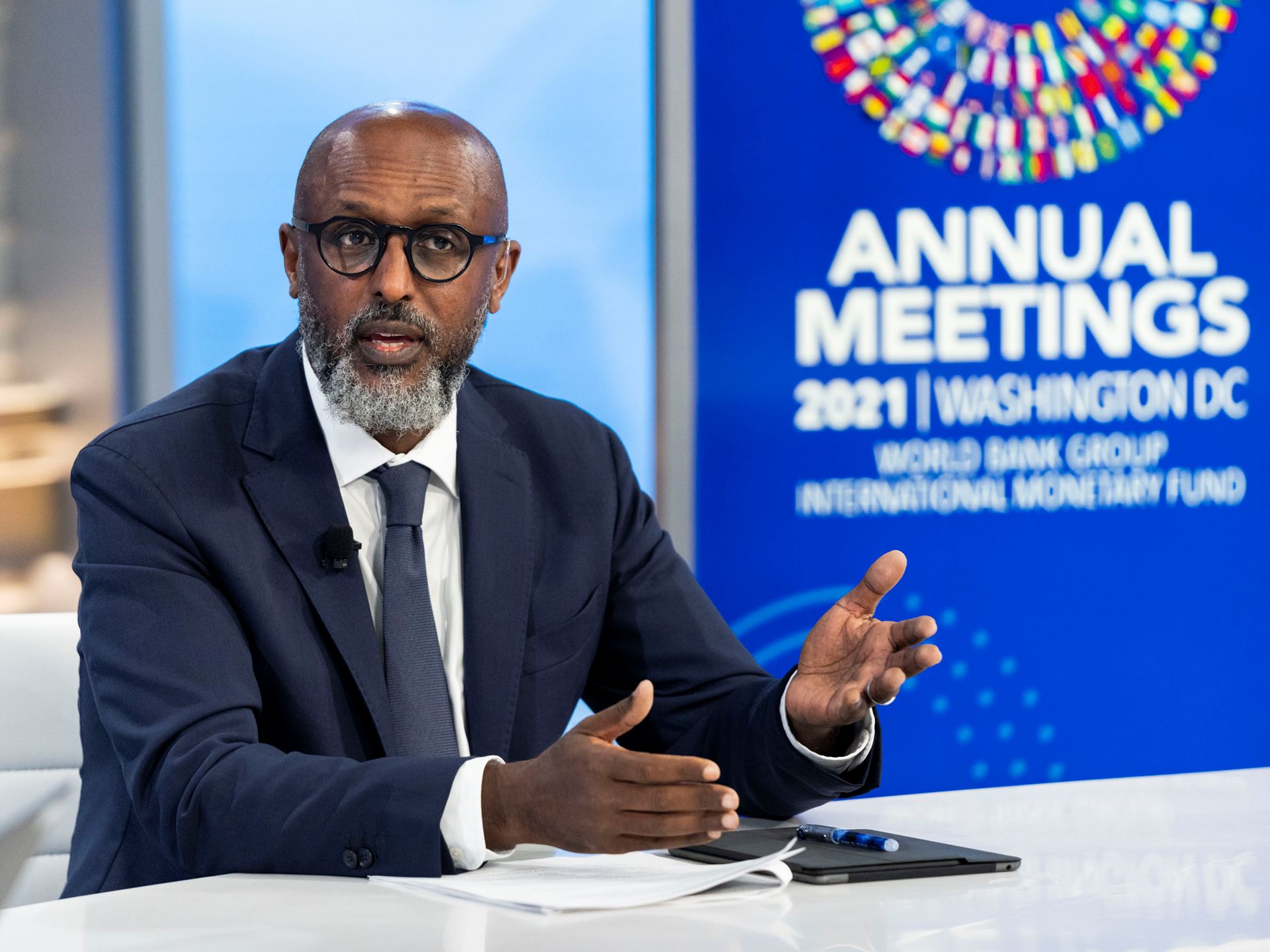
The rising domestic debt in Sub-Saharan Africa risks hurting the
stability of local banks, the International Monetary Fund (IMF) has said.
Addressing journalists after the release of the regional outlook, Abebe Aemro Selassie, head of the IMF’s African department, expressed concern that around half of all public debt in Sub-Saharan African countries is now held by domestic institutions, a trend that has steadily increased over the years.
“We are now observing a situation where there are significant vulnerabilities, particularly in those countries where public debt is at very elevated levels,” Abebe said.
“The risk of distress is higher, and we’re seeing some pressures on bank balance sheets or potential pressures on banks’ balance sheets.”
He said the international lender initially viewed domestic
borrowing as a mark of resilience but has quickly turned into a source of
growing concern, with the pressure varying from country to country depending on
the extent of vulnerabilities.
“We are working with governments to ensure a robust regulatory framework and sound capitalisation plans for banks. Most importantly, the first line of defence is to keep public finances on a healthy trajectory to minimise potential spillover risks,” he said.
Although he did not mention any country in particular, several economic analysts and banking executives told the Star, “the situation perfectly describes Kenya”.
According to Daniel Munguti, an economist at a pan African venture capital, domestic debt has surpassed international debt in Kenya, a shift that was first witnessed in 2024 after a period of heavier external borrowing.
“This change is attributed to factors like the appreciation of the Kenyan Shilling, which reduced the value of foreign debt, and the government's increased inclination towards domestic financing due to factors like lower interest rates and constrained access to external credit.”
According to him, this saw Kenya buy back domestic debt for the first time in seven years in February 2025, repurchasing Sh50.06 billion from three bonds.
“The main goal was to proactively manage and reduce refinancing pressure to avoid a potential cash crunch later in the fiscal year. The impact is slowly hitting local banks, which account for almost 50 per cent of local debt.”
Kiharu MP, Ndindi Nyoro, echoed the sentiments who warning that the rising domestic debt is too expensive for Kenya.
According to him, the country is borrowing at an average of 8-10 per cent locally, a rate too high compared to external loans, considering that the shilling is now much stable against major international currencies.
"Domestic debt is unstatainably high. The state is profiting bank investors at the expense of hustlers."
According to the latest Banking Supervision Report by the Central Bank of Kenya (CBK), Kenya’s top banks are holding over Sh1 trillion worth of Treasury bonds for sale, positioning themselves to cash in on billions in profits as falling interest rates push bond prices higher at the Nairobi Securities Exchange (NSE).
Data from nine listed tier I banks shows tradable bond holdings surged by Sh244.9 billion in the year to June 2025, hitting Sh1.06 trillion, up from Sh815.3 billion a year earlier.
Equity Group leads with Sh287.6 billion, followed by KCB (Sh147.1 billion) and Absa (Sh117.1 billion). This shift reflects banks’ strategy to move securities into the “available-for-sale” portfolio, where they can benefit from mark-to-market gains.
Investment analyst Alex Kibebe notes that this shift reflects banks’ strategy to move securities into the “available-for-sale” portfolio, where they can benefit from mark-to-market gains.
According to the IMF, Sub-Saharan African governments are paying more to borrow at home than abroad as they turn increasingly to domestic banks to plug financing gaps, deepening risks for lenders and squeezing private investment.
"Local financial markets are underdeveloped - characterised by shallow depth, fragmentation, illiquidity and high transaction costs and lending spreads."
It is now urging African governments to focus on mobilizing domestic revenues and strengthening debt management as a way to safeguard macroeconomic stability and sustain development.












